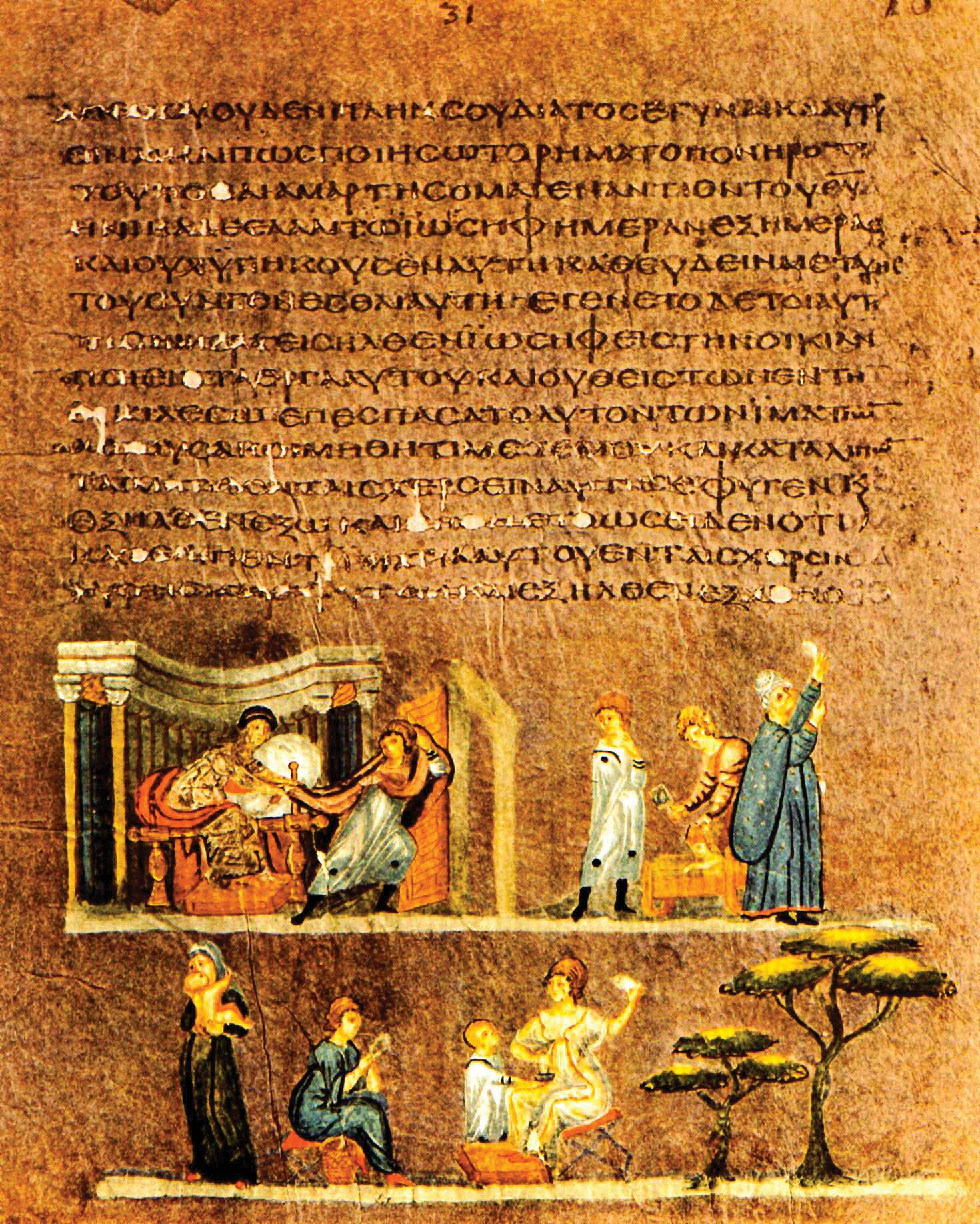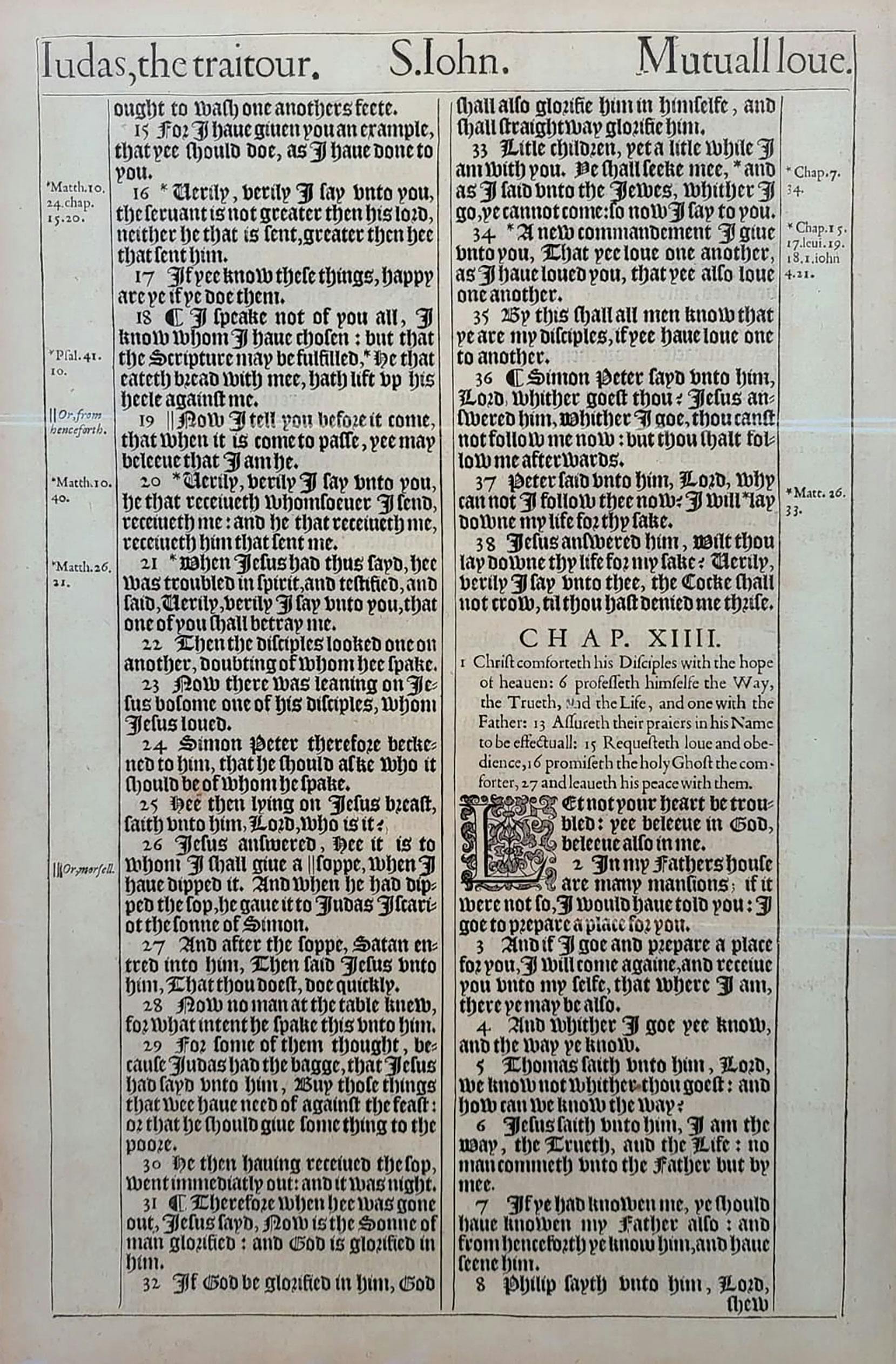The Septuagint: Treasure and Tragedy

During my Christian Bible college education, all mention of the Septuagint was positive. It therefore came as quite a surprise to me that to many Jewish people consider it a tragedy. With such widely divergent opinions, I wanted to know why. But let’s start with the basics. What is the Septuagint? Why was it created? Who was involved? What is its significance? Why do Christians view it as a blessing while Jews mourn over it?
A Greek Translation of the Tanakh
The Septuagint is a Greek translation of the Hebrew Old Testament (Tanakh). It was translated in Alexandria, Egypt where many Greek-speaking Jews lived. The translation process begun during the reign of Ptolemy II, who was the pharaoh of Ptolemaic Egypt between 284–246 BC. His father, Ptolemy I, was one of Alexander the Great’s generals who founded the Ptolemaic kingdom after Alexander the Great’s death.

Scholars agree that the five books of the Torah (Gen.–Deut.) were translated during Ptolemy II’s rule. They believe other parts of the Tanakh were translated gradually, probably over a couple hundred years, culminating in about 100 BC. This means the completed translation would have been available at the time of Jesus (Yeshua).
The earliest known text narrating the legend of the translation comes from the Letter of Aristeas, a missive penned to a certain Philocrates from his brother Aristeas, a Greek-speaking Jew from Alexandria. According to this account, Ptolemy II brought 72 translators from Jerusalem to Alexandria for the project. These six translators from each of the twelve tribes were responsible for translating the text from Hebrew to Koine Greek (standardized Greek that emerged after Alexander the Great’s conquests) for the pharaoh’s extensive library.
Philo of Alexandria later repeated this version of events, as did Josephus. However, some experts dispute the account, claiming that the Jews of Alexandria translated the text. The truth is that we simply don’t know.

Although historical records vary and exact census records have not been found, a significant Jewish population of more than a million people are thought to have lived in Alexandria at that time. After Alexander the Great had conquered the known world, Greek had become the dominant language. In time, the Jewish people in the Greek-speaking Diaspora (population living outside Israel) could no longer read or speak Hebrew. The Greek-speaking Jewish population in Alexandra thus celebrated the translation, rejoicing in the fact that they were once again able to read God’s Word. The question is, however, was some of the inherent meaning lost in translation?
Losing Something Valuable
Today, we face somewhat of a similar situation. Most people who study the Bible are unable to read it in its original languages. Instead, we depend on translations. An Orthodox rabbi once told me that we should all read God’s Word in Hebrew because reading a translation is like trying to kiss your wife through a veil. “It simply isn’t the same,” he said. However, for practical reasons, reading the Bible in its original language is simply not possible. Is my rabbi friend correct though? Yes! No translation is perfect, nor does it feel the same as the original. It isn’t possible to communicate all the nuances and poetry of one language into another language. Some words are not easy to translate. Some Hebrew words require a paragraph to explain in English. But I thank God for dedicated translators who have made it possible for us to read the Word of God in our own languages.
When the writers of the New Testament set down their accounts and letters, they chose to write in Greek, presumably because they wanted to reach a larger audience. Today, if you wanted to have the same effect, you might choose English. However, 2,000 years ago, Greek was the language that was most widely understood. Scholars of the Greek New Testament have determined that many of the times when Scriptures are quoted from the Tanakh, they are taken directly from the Septuagint. That makes sense because the Septuagint was the Greek translation available at the time.
The New Testament was written between the years AD 50–100. At that time, great changes were happening. Jerusalem and the Temple were destroyed in AD 70. Many Jews were murdered and still more were taken captive by Rome. The followers of Jesus were taking His message to the Gentile world. It was necessary for those who were not Jewish to be able to receive the Bible in a language they could understand. Therefore, it is totally understandable why the Septuagint was a treasure to the Greek-speaking world.

Rejoicing…And Mourning
Why did the Jews feel so strongly against the Septuagint? Historic accounts teach that they accepted the translation eagerly in the beginning. However, over a period of hundreds of years, Jewish scholars had time to study the translation and compare it to the original Hebrew. They found significant errors. Portions of the original were simply not there, especially in the book of Job.
On the tenth of the biblical month of Tevat (which falls in December or January), religious Jews have a day of fasting and mourning. One of the things they mourn is the completion of the translation of the Torah into Greek, which was the first phase of the translation of the Septuagint. According to Sefaria.org, “The 8th of Tevet is viewed in Judaism as a dark day in history, the day on which great violence was done to HaShe’'s [God’s] Torah. It was on this date that the translation of the five books of Moshe [Moses] into a pagan tongue (Greek), i.e. the Septuagint, was completed…that day was as ominous for Israel as the day on which the golden calf was made, since the Torah could not be accurately translated.”
Some have said that Jewish attitude toward the Septuagint was a reaction to the Christian acceptance of the translation. However, renowned Jewish scholar Emanuel Tov asserts that the Jewish rejection came much sooner, before the fall of the Second Temple, and even sooner than that—before the inception of Christianity.
So, my query was answered. One group mourned because the perfection of God’s holy Word was not adequately translated, and another group rejoiced because they had access to the Word of God in a language they could understand. A treasure to some and a tragedy to others. Perhaps the first order of business in heaven will be to learn the language of the Bible!
Related Resources

Discover Your Purpose and God’s Heart For You
In today's divided, turbulent world, it's essential for the Church to rediscover God's heart. Our free e-book, authored by a seasoned expert with three decades of experience in Israel, delves deep into the teachings of Jesus (Yeshua) to reveal God’s principles of love and purpose. Learn how embracing these truths can bring significance and impact to your life, even amidst chaos. Subscribe now to receive your free copy and embark on a journey of transformation.




